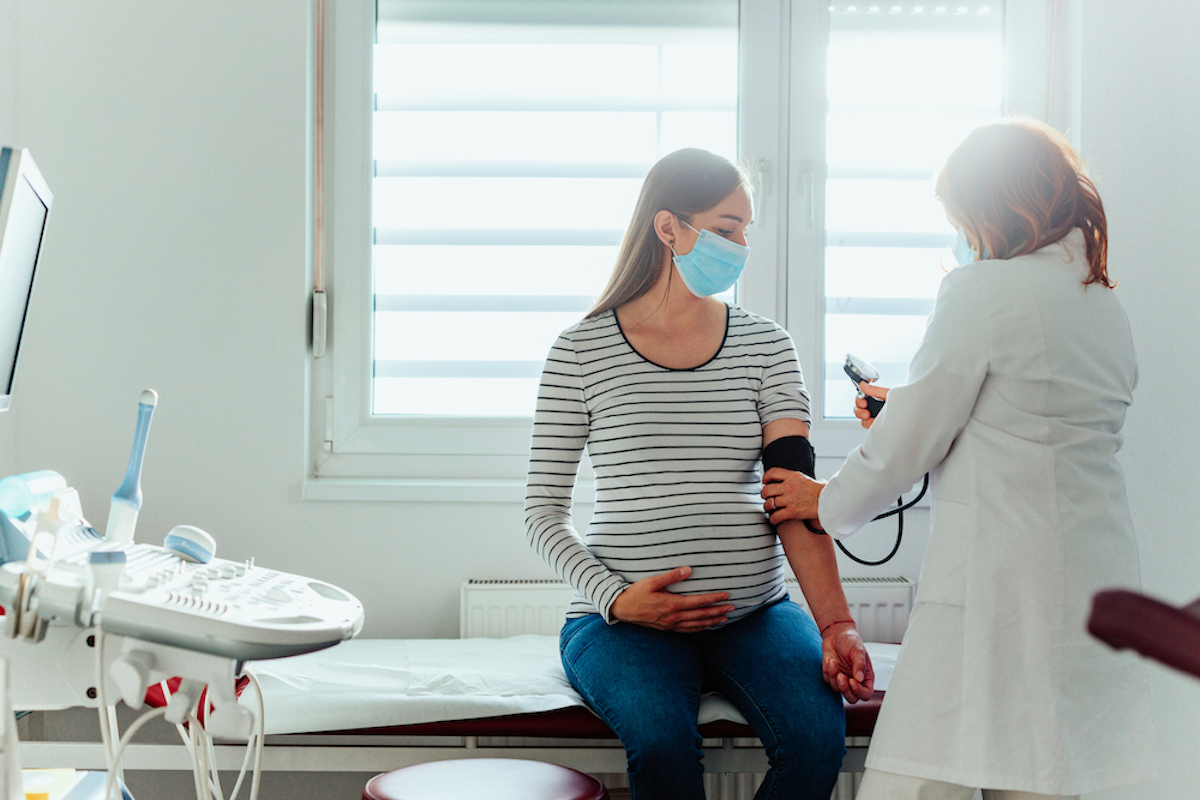This paper on caffeine and brain scans didn’t get the play that baby metals did, but a number of you emailed me coverage of it. The TL/DR on the article is that they took a bunch of 9 and 10 year olds, scanned their brains, and related some brain measurements to caffeine exposure in utero. Children whose mothers reported drinking some coffee (at least once a week) had differences in measurements in two particular areas. They also differ in behavior problems.
This study uses the same data as the study on alcohol in pregnancy I talked about months and months ago (see post here) and it is problematic for some of the same reasons.
Specifically:
- Observational study; people who drink coffee are different from those who do not, very hard to account for. There are significant differences in education, race, income and smoking behavior. This suggests the possibility of unmeasured confounding.
- Many outcomes, unclear statistical assumption. They report on data for about 25 brain measures, of which 2 are significantly linked to coffee consumption at the 5% level. It is a bit hard to tell how they are accounting for the statistics of looking at so many outcomes here, but in general this type of approach has issues with false discovery.
- Biggest Issue. Coffee measures not contemporaneous. They measure caffeine consumption by asking people when their child is 10 how much coffee they drank during pregnancy. These kind of recall-based measures are really problematic.
Given the vast literature on caffeine in pregnancy, at least some of which has much better coffee data, I’d put this aside.
Community Guidelines















Log in